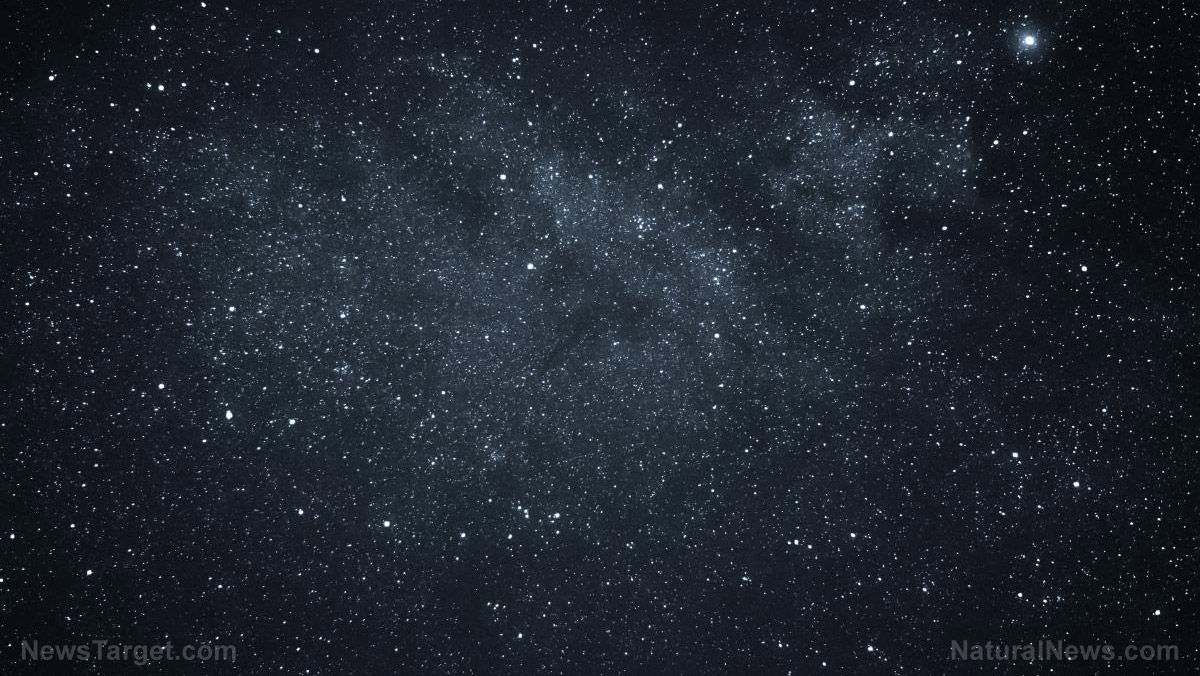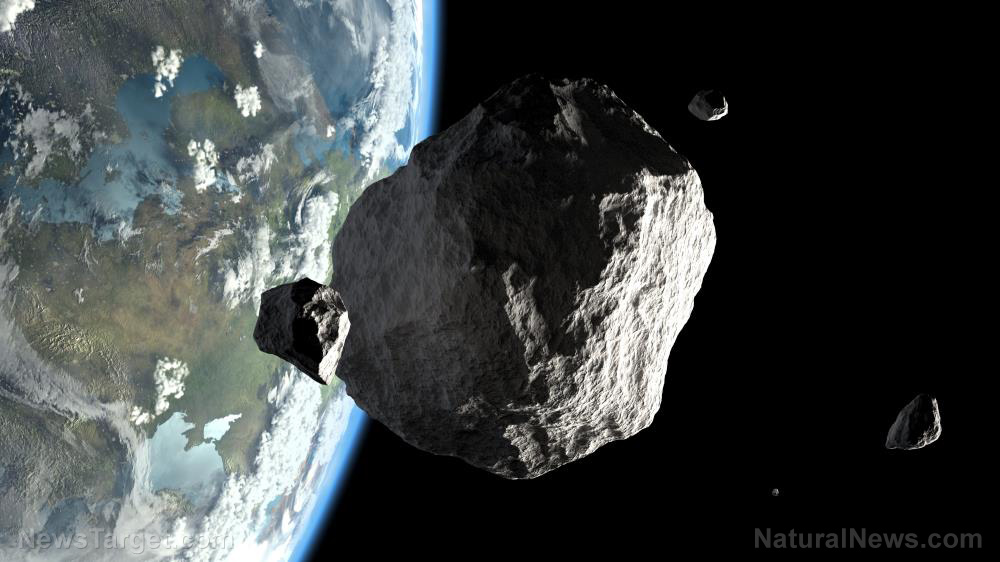Scientists update biggest 2D map of the universe, which features over one BILLION galaxies
03/07/2023 / By Kevin Hughes

The biggest two-dimensional map of the universe ever made just got even bigger. It now covers nearly half the sky over Earth and features more than one billion galaxies.
The Dark Energy Spectroscopic Instrument (DESI) Legacy Imaging Survey made this update for the 10th data release of its map, which spans 14,000 square degrees of the sky from the northern hemisphere. It used two telescopes – the one at the Kitt Peak National Observatory in Arizona and the one at the Cerro Tololo Inter-American Observatory in Chile. It also built on the data from two previous companion surveys: the Dark Energy Camera (DECam) Legacy Survey and the Beijing-Arizona Sky Survey.
One of the essential aims of the map is to recognize about 40 million target galaxies for the five-year DESI Spectroscopic Survey. Astronomers want to accurately chart the growth history of the universe over the last 12 billion years.
The 2D map combines images of the southern extragalactic sky, particularly in regions away from the Milky Way’s disk, which are ideal for searching far into the cosmos.
With the enlargement of this view of the southern sky, it moves the total area mapped to over 20,000 square degrees which is almost half the sky.
Additionally, the images have been taken in a recent infrared color filter which permits scientists to recognize even more of the far galaxies in various sections of the night sky because it captures a redder spectrum. The more red-shifted a galaxy’s spectrum is, the farther away it is generally.
Dark energy makes up nearly 70 percent of the universe
The DESI Legacy Imaging Survey also seeks to help astronomers better understand the composition of the universe, which in turn could aid them to solve the enigmatic properties of dark matter and dark energy.
Comprising nearly 70 percent of the universe, dark energy is known as one of the great mysteries of cosmology. It is thought to be an unknown force that is moving things apart more forcefully than gravity.
Scientists from Imperial College London recently proposed that they may at last have an explanation for its source.
They noticed old and inactive galaxies and discovered that black holes acquire mass in a way that is constant with them holding vacuum energy or dark energy. (Related: Challenging assumptions about the universe: Study suggests black holes could be made of dark energy.)
The extent of the universe at various points in time is suited carefully to the mass of colossal black holes at the heart of galaxies.
Specifically, the amount of dark energy in the universe can be covered by black hole vacuum energy which means that black holes are the source of dark energy.
A spectroscopic survey is now underway, which experts hope could provide more understanding into this hidden part of the universe.
The latest data is publicly available, which means amateur astronomers along with professional scientists can access and use it to explore the universe. Astronomy enthusiasts or those curious enough to want a brief look of the immense universe can also examine the data.
Watch this video that talks about the vastness of the universe observed from the Mauna Kea Observatories in Hawaii.
This video is from the Cynthia’s Pursuit of Truth channel on Brighteon.com.
More related stories:
Science was wrong: 10 times more galaxies found in our universe.
Astronomers discover 3 galaxies from EARLY UNIVERSE.
Latest study that uses AI discovers 8 probable alien “technosignatures” near distant stars.
The universe is expanding too fast, admit baffled astronomers.
Space speeding: Astronomers are baffled by 39 ancient galaxies the Hubble could not see.
Sources include:
Submit a correction >>
Tagged Under:
2D mapping, black holes, breakthrough, cosmic, Dark Energy Spectroscopic Instrument, dark matter, DESI Legacy Imaging Survey, discoveries, future science, future tech, Galaxies, galaxy mapping, observatories, research, Space, space tourism, star map, telescopes, Universe
This article may contain statements that reflect the opinion of the author




















